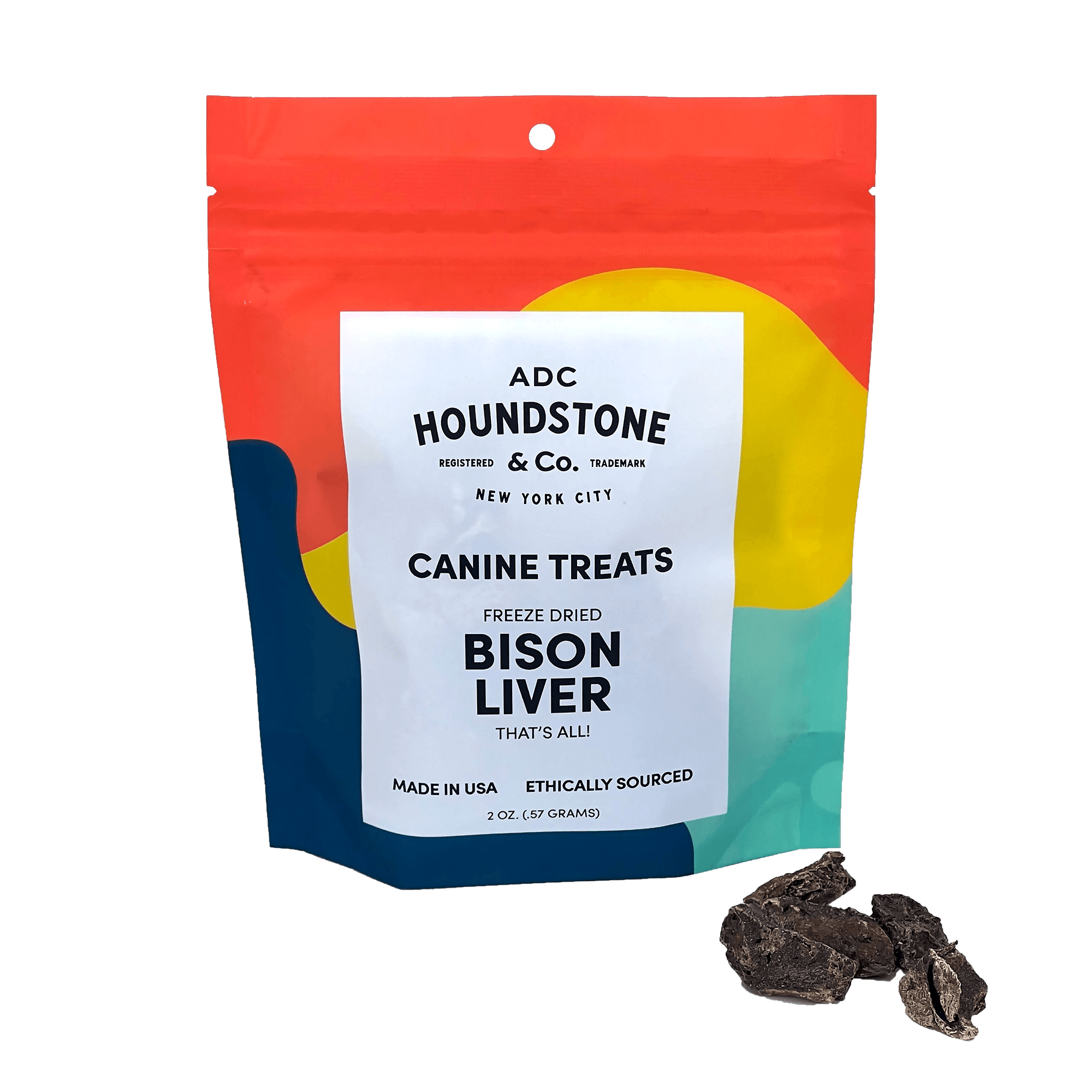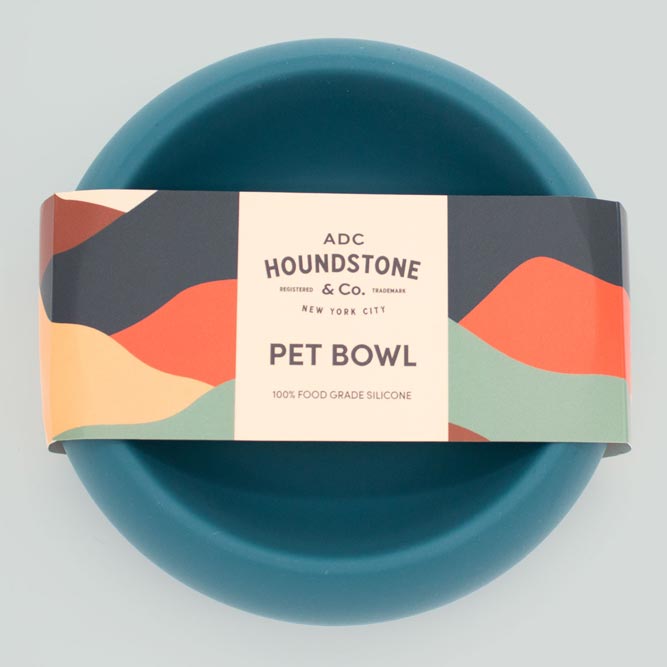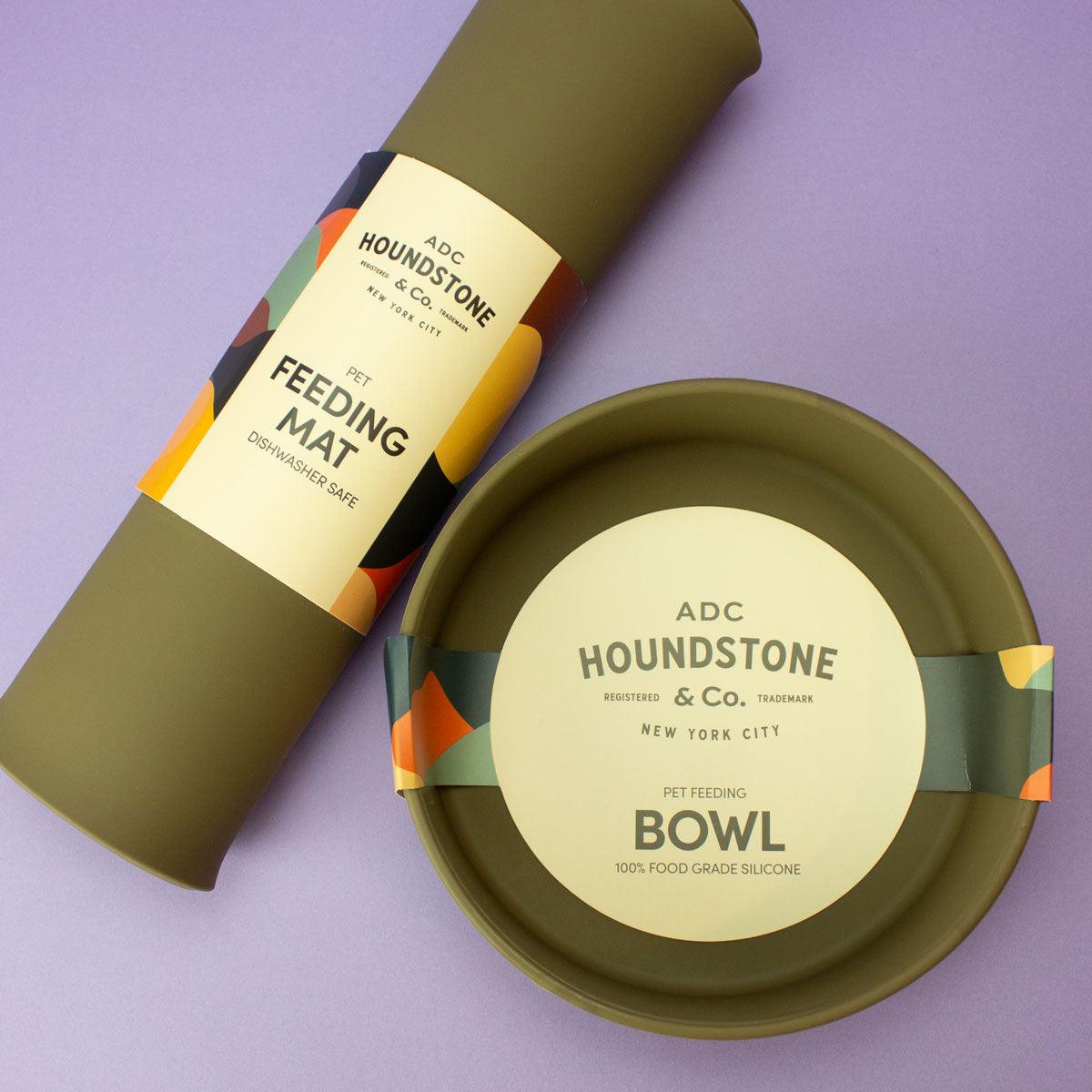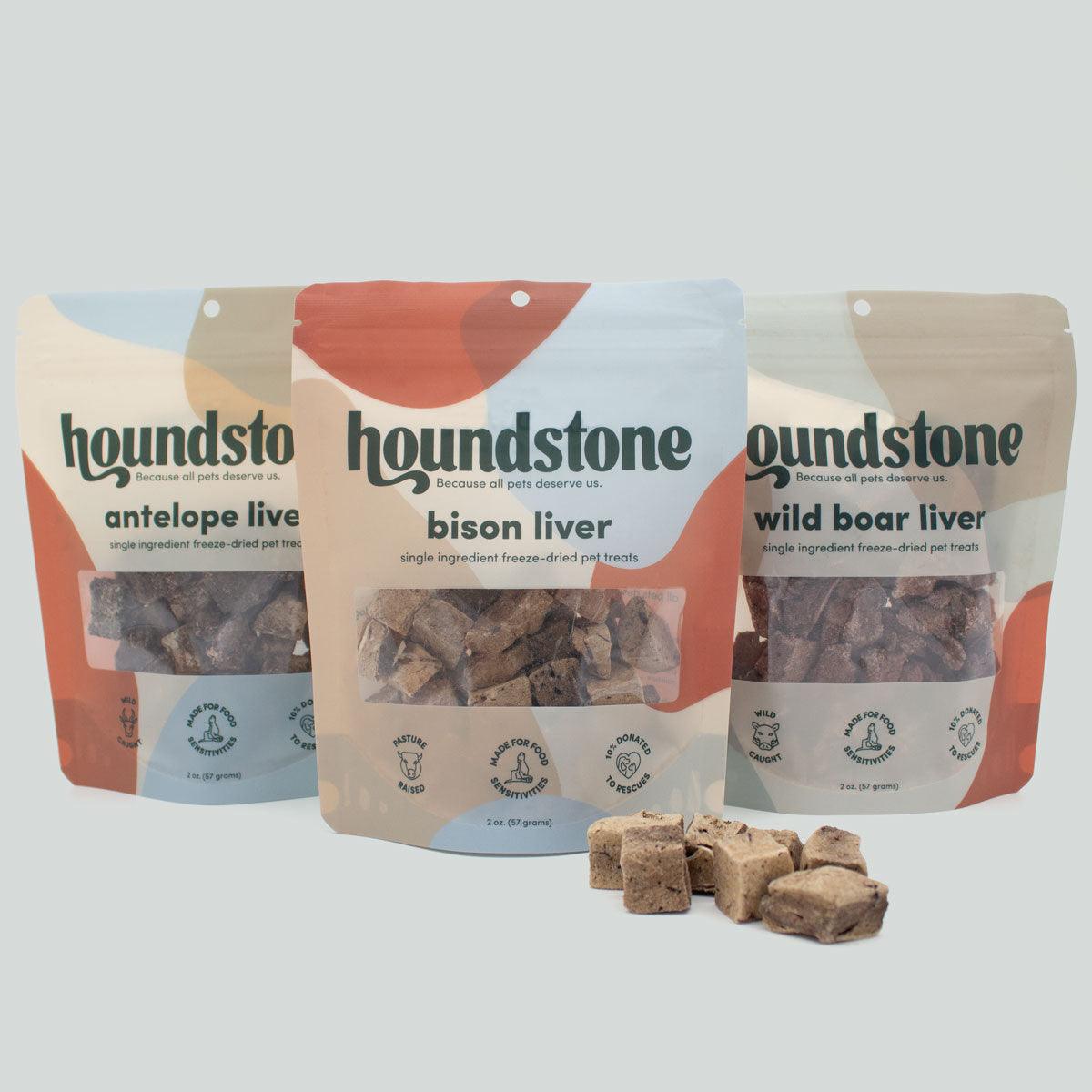We all love treating our dogs, but did you know that what you feed your dog as a treat can significantly impact their overall health? Giving your dog the wrong type of snack can lead to weight gain, digestive problems, and even allergies.
On the flip side, offering healthy treats for dogs not only satisfies their cravings but also contributes to a balanced diet and improved well-being. That’s why it’s essential to choose treats that are packed with nutrients and free of harmful additives.
The Growing Demand for Nutritious Dog Snacks
As pet owners become more conscious of their dogs' health, there’s been a significant rise in the demand for healthy dog treats. Whether it's organic, grain-free, or raw treats, people are seeking out options that not only taste great but also provide real nutritional benefits. This shift mirrors the growing trend in human food—just like we want better snacks, so do our dogs!
Understanding What Makes a Treat "Healthy"
Key Nutritional Components to Look For
When you're on the hunt for healthy treats for dogs, the first thing to check is the nutritional value. Just like with human snacks, the ingredients and nutrient profile are key to determining how healthy a treat is for your pup.
- Protein-Rich Ingredients - Protein is a vital building block for your dog’s body, supporting everything from muscle development to a healthy coat. Look for treats that list real meat like chicken, beef, or fish as the primary ingredient. Not only are these healthy dog treats packed with essential amino acids, but they also tend to be tastier, making them a hit with your pet.
- Vitamins and Minerals Essential for Dogs - In addition to protein, treats with added vitamins and minerals can help boost your dog's immune system and energy levels. Ingredients like sweet potatoes, blueberries, and carrots are excellent natural sources of vitamins A and C, antioxidants, and fiber, contributing to better digestion and overall health.

Avoiding Harmful Additives and Fillers
Common Ingredients to Avoid in Dog Treats
Not all dog treats are created equal. Many commercial treats contain fillers like corn, soy, and wheat, which offer little to no nutritional value. These ingredients can also trigger allergies or sensitivities in some dogs.
Additionally, avoid treats with artificial colors, flavors, and preservatives—these chemicals might extend shelf life but can negatively affect your dog’s health in the long run.
Understanding Labels: What 'Natural' and 'Organic' Really Mean
The terms "natural" and "organic" can be confusing. "Natural" means the product doesn’t contain any artificial ingredients or chemicals, but it doesn’t necessarily guarantee the highest quality.
"Organic" treats, on the other hand, are made with ingredients that are grown without pesticides, synthetic fertilizers, or genetically modified organisms (GMOs). Opting for organic treats is a great way to ensure you're giving your dog a healthier option.
Types of Healthy Dog Treats
Organic Dog Treats
Organic treats are free from synthetic chemicals and are often made with higher-quality ingredients. This means fewer toxins entering your dog's system and a reduced risk of allergies or digestive issues. Plus, by choosing organic, you're supporting more sustainable farming practices.
Grain-Free Dog Treats
Grain-free treats are a popular option, especially for dogs with food sensitivities. While grains can be a source of carbohydrates and energy, some dogs may have trouble digesting them.
Grain-free treats replace common fillers like wheat with nutrient-rich alternatives like sweet potatoes or peas, making them a great choice for dogs with sensitive stomachs.
Limited Ingredient Treats
If your dog has allergies or food sensitivities, limited ingredient treats might be the best option. These treats contain only a few carefully selected ingredients, making it easier to avoid triggers like soy, dairy, or certain meats. Fewer ingredients also mean fewer chances for a reaction, keeping your dog’s digestive system happy.
Raw and Dehydrated Treats
Raw and dehydrated treats are less processed, meaning they retain more of the natural nutrients found in the ingredients. These treats are great for dogs who thrive on a more natural diet, providing them with essential vitamins, minerals, and enzymes that support overall health. Dehydrated treats are also convenient as they’re lightweight and have a long shelf life.

Health Benefits of Choosing the Right Treats
Supporting a Balanced Diet
Healthy treats complement your dog’s regular meals, helping you maintain a balanced diet for them. Instead of empty calories from unhealthy snacks, you can offer treats that provide essential nutrients, ensuring your dog gets everything they need for optimal health.
Promoting Dental Health
Did you know that some treats can actually help clean your dog's teeth? Dental treats are designed to reduce plaque and tartar buildup while satisfying your dog’s chewing instincts. Look for treats with a textured surface that scrapes away at your dog’s teeth as they chew.
Weight Management and Obesity Prevention
If your dog is a little on the heavy side, don’t worry—there are plenty of low-calorie options that still taste great! Treats labeled as "light" or "low-calorie" are perfect for keeping your dog’s weight in check without sacrificing their treat time. Just remember to keep portions small and factor in treat calories when planning meals.
How to Read and Interpret Dog Treat Labels
- Understanding Ingredient Lists: When reading dog treat labels, the first ingredient listed is usually the most abundant. Always opt for treats that have whole, recognizable ingredients at the top of the list, such as real meat, fruits, and vegetables. Avoid products where fillers like corn or by-products take center stage.
- Deciphering Nutritional Information: The nutritional information tells you what percentage of protein, fat, and fiber is in the treat. Higher protein and lower fat are generally better, especially for dogs that need to manage their weight. Look for treats with a good balance of protein and fiber to help maintain muscle and aid digestion.
- Identifying Certified Quality Marks: Quality marks like the USDA Organic seal or the Non-GMO Project Verified label can offer additional reassurance that you’re choosing treats made with high-quality ingredients. These certifications indicate that the treats meet strict standards for safety and nutrition.
Incorporating healthy treats for dogs into your pet’s routine can improve their health, behavior, and overall happiness. Whether you're shopping for grain-free options or organic snacks, knowing what to look for on labels and understanding your dog’s specific needs will help you make the best choice for your furry friend.




